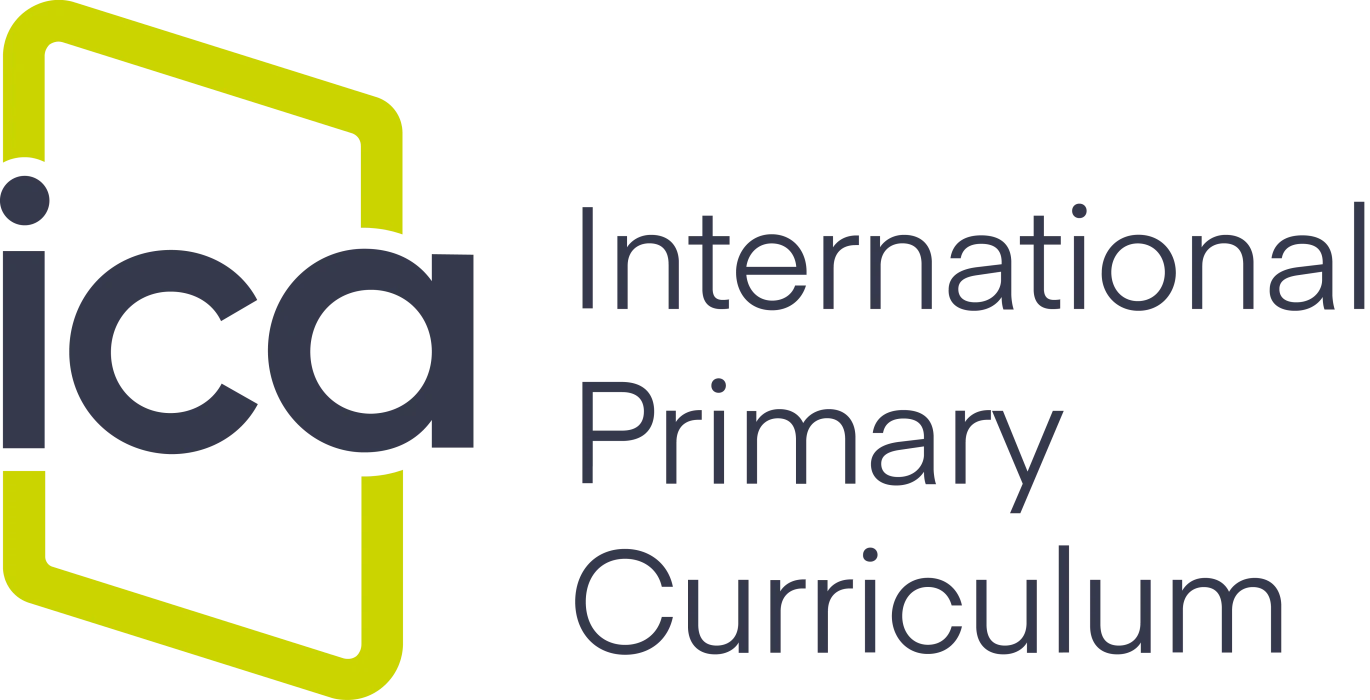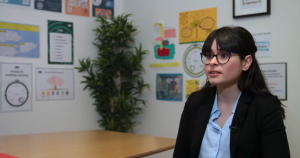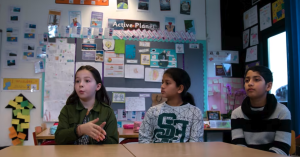
Our International Primary Curriculum (IPC) supports the holistic development of learners with enjoyable, relevant, and rigorous learning, that prepares them to be globally competent, socially conscious, and motivated individuals that positively contribute to the world they live in.
Designed to be engaging for primary-aged learners, the IPC embraces the transformative nature of learning with the goal of improving learning for all.
A global learning focus
The IPC encompasses Academic and Personal Learning, which supports students to flourish both inside and outside of the classroom, while its interconnected, global learning focus helps students build an understanding of people from other parts of the world.
Its learner-focused, progressive pedagogy has been developed based on current neuroscientific understandings. It enables students to make connections between the classroom, prior learning, and life experiences with a focus on metacognition, encouraging students to reflect deeply on each stage of their learning journeys.

See how the IPC could benefit your school.
01 Comprehensive materials
IPC teachers and leaders are provided with comprehensive materials to implement the curriculum, including guidance documentation, a detailed Learning Goals matrix and route planning tool that allows them to take ownership of the curriculum.
02 Tailored to local requirements
Schools delivering the Curriculum have access to over 150 units of learning, which feature detailed descriptions of learning tasks, connect learning across multiple subject areas and can be tailored to local requirements.
03 Global connections
Book a meeting
Testimonials
“
Testimonials
“
Case Studies
Cheam Fields Primary Academy, UK

Futuraskolan International School, Sweden

North Zealand International School, Denmark

St Leonard’s Primary School, UK

Partnering your school with an ICA guide to help you through the critical first phase of curriculum adoption. We work alongside your team to establish strong foundations, create practical frameworks, and build confidence in your new curriculum journey.
Working with you to:
- champion quality
- improve learning and,
- unlock potential.
